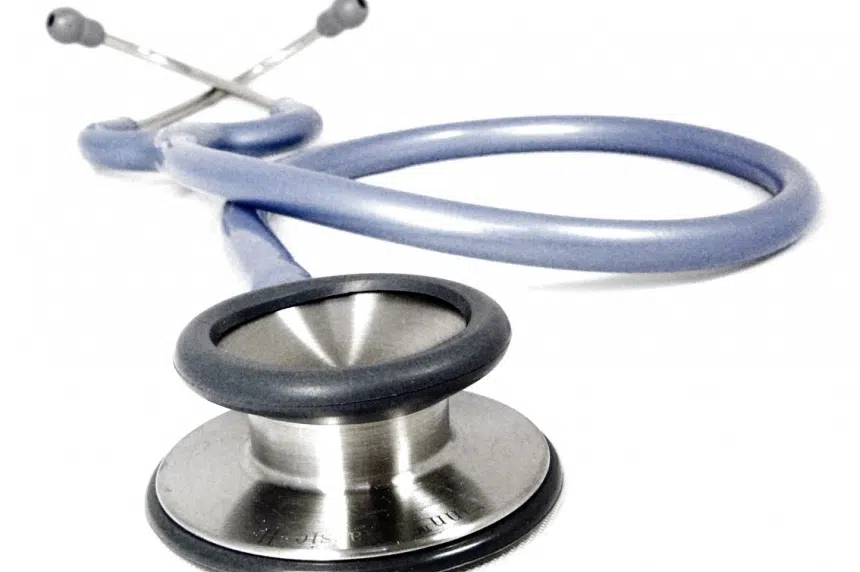On Tuesday, the Saskatchewan Medical Association (SMA) put out a news release basically shaking its head at Premier Scott Moe and urging him to reconsider recent decisions and remarks.
On the weekend, the premier promised to remove the COVID-19 vaccination or test mandate, and on Monday he doubled down on that position, saying it could happen before the end of February.
In its statement, the SMA said doctors are disappointed and alarmed by the premier’s statements, and asked the government to continue on with current restrictions. The association also took issue with Moe’s statements claiming the COVID vaccine doesn’t protect against the spread of the currently dominant Omicron variant.
“The premier’s statements continue to ignore the advice of medical experts at a time when COVID-19 hospitalizations have reached their highest levels since the start of the pandemic,” wrote Dr. Eben Strydom, president of the SMA.
“It shows no empathy for the thousands of health-care workers who are bearing the unrelenting weight of caring for such high volumes of COVID-19 patients and the impact that has on other health services.”
Given that hospitalizations hit a pandemic high on Monday and then exceeded that mark Tuesday, Strydom said in a subsequent interview the premier’s comments couldn’t have come at a worse time.
“I think everybody’s tired of the COVID situation and would like to see a change, but at this stage, we have record numbers of hospitalizations — luckily ICU numbers are not as bad — but we’re not out of the woods yet and we are concerned that people might get the idea that we are,” said Strydom.
Strydom said there were inaccuracies that Moe was putting forth about vaccines, specifically that vaccines don’t help prevent a person getting COVID.
“I think the data is clear that vaccines do prevent infection with Omicron, and thereby reduce the chances of spreading it,” said Strydom.
Vaccination is about 90 per cent effective at reducing the severity of COVID illness, and about 60 per cent effective at preventing symptomatic infection with the third dose, according to the association.
Strydom conceded vaccines are not 100 per cent effective, but that’s why other measures like distancing, masking and hand washing have been used to reduce risk.
On Monday, Moe said he’s just following the data when asked where he’s getting the information informing his statements and decisions around the vaccine policy. Strydom said he hasn’t seen the data Moe was referencing, but he would like to see it published publicly to create a more transparent approach.
“All of us want to see the end of this pandemic. We can’t wait for that day, but that day is not now. And we need to be careful otherwise we’ll end up in the same situation that we were in the fourth wave with numbers that paralyze our system,” said Strydom.
In the statement, Strydom said the government should only consider lifting measures when COVID cases are steadily declining, when hospitalizations are down to the low double-digits, and when there are fewer than 10 people with COVID in the ICU.
“Rather than picking an arbitrary date for changing public health measures, the government should use clear goals and targets as the triggers. Physicians expect and citizens deserve government decisions be based on sound medical science, not personal preference or political expediency,” Strydom said in the statement.
Other doctors have said they feel there’s a disconnect between the messages the government is sending and what’s really happening in health care. Strydom agreed there is some tension and called it unfortunate.
“We would like to have a more collective and collaborative approach to make it better,” said Strydom.
The doctor said with something like this, it’s important they’re all on the same page because everyone wants the same outcome — to protect patients, health-care capacity and the economy, and to go on with life.







